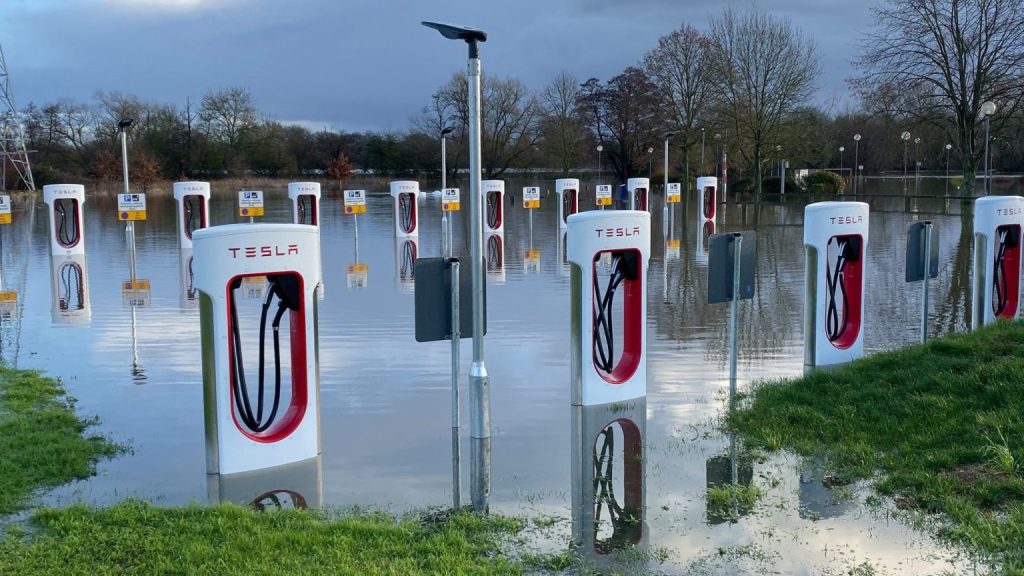A recent study led by researchers from the University of Florida’s College of Design, Construction and Planning highlights the urgent need to improve electric vehicle (EV) charging infrastructure resilience in hurricane-prone areas like Florida. Dr. Yan Wang, director of UF’s Urban Agility and Resilience Lab and FIBER faculty, collaborated with Dr. Ruth Steiner, a professor in the Department of Urban and Regional Planning, and doctoral candidate Ziyi Guo on this research.
Their study, published in the Journal of Management in Engineering, found that EV charging services face significant challenges during extreme weather events. The team discovered that well-connected charging networks and those with diverse user access tend to recover more quickly from disruptions. However, they also uncovered inequities in charging access, disproportionately affecting older and lower-income populations during weather events.
To address these issues, the researchers developed a multi-agent-based model to simulate worst-case hurricane scenarios and inform proactive infrastructure planning. This approach aims to boost charging infrastructure resilience by considering both physical robustness and user behavior during emergencies. Dr. Wang emphasized the need for equitable planning to ensure all communities benefit from the transition to electric mobility.
The research methodology developed by Wang, Steiner, and Guo can be applied beyond EV charging to measure the resilience of various infrastructure systems. Their work suggests that coastal communities in Florida could benefit from adopting these anticipatory planning frameworks to improve overall infrastructure resilience against hurricanes.
